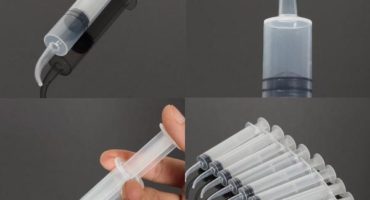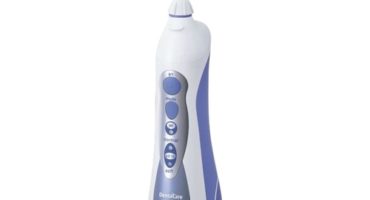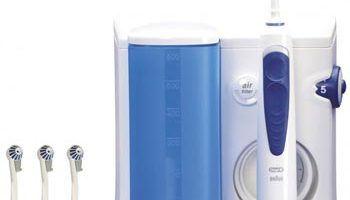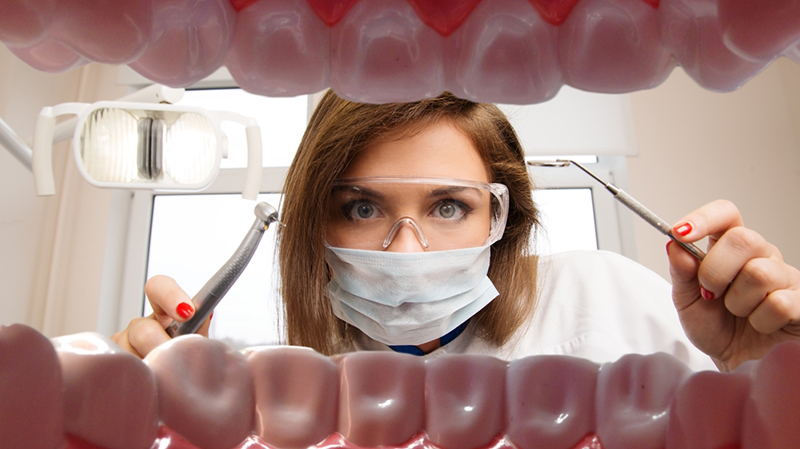
Photo: Prevention and regular visits to the dentist guarantee healthy teeth and the oral cavity as a whole.
Many people have a question, and an oral irrigator is beneficial or harmful. In what cases it is necessary to use it, and when it is not recommended to use it. Let's deal with these issues together.
Why and who should use the oral irrigator in everyday life
The irrigator performs several functions: it acts as a prophylactic and helps in the treatment of various diseases of the oral cavity. In this case, instead of water, solutions with certain properties intended for treatment are poured into the container.
Regular use of the irrigation device by all family members helps to keep the oral cavity in a healthy condition, reducing the risk of diseases, including dental caries. Oral irrigation prolongs the life of fillings and crowns.
Important! Even if you have no contraindications for using the irrigator, visiting a doctor and consulting will not be superfluous.
At home, use the cleaning machine for its intended purpose, follow the instructions and recommendations of the manufacturer. To achieve maximum effect, use your oral care device 3 times a week.
If you have periodontitis, or a disease of another kind, you will need to use an irrigator regularly (daily).
About the therapeutic effect a few words
To achieve maximum performance when caring for the oral cavity, it is recommended that the tank be filled with medical solutions or used as an additive to the liquid instead of ordinary water. What is added to achieve a therapeutic effect - it can be:
- Traditional furatsilin.
- All kinds of rinsing agents to fight bacteria.
- Calendula.
- Decoctions of medicinal herbs.
- Chlorophyllipt.
It is important when adding different medical solutions to consult your doctor about dosing. It is important to understand that regular use of a cleaning device is another step towards victory in the fight against oral ailments. The effect is achieved through thorough cleaning of the teeth and oral cavity under jet pressure.
Specialists on the benefits and harms of an irrigator
Experts recommend taking the choice of equipment very carefully. A positive result can be achieved by choosing the optimal model.
An important success factor in the fight against inflammatory processes and bleeding of the gums is the proper handling of equipment. Speaking about the benefits and dangers of an irrigator, let's reason logically.
Do doctors really use equipment that can cause negative consequences for the patient. Will the staff of the dental office, and the whole clinic, stake their reputation. The answer is no.
So, to say that an irrigation device can be harmful is completely absurd. On the other hand, ignoring the opinions of experts can be harmful.
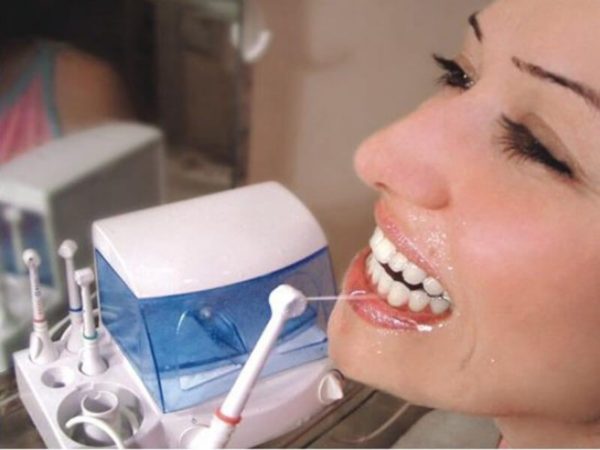
Photo: You can remove food debris and clean your mouth using an irrigator.
In which cases, dentists are advised to get an irrigator:
- the device is suitable for the treatment of periodontitis and gingivitis;
- it is necessary for people with diabetes;
- doctors recommend its use to pregnant women;
- for the prevention of caries formation;
- the category that uses crowns, braces, and so on;
- the use of an irrigation device is a well-groomed oral cavity and a healthy smell;
- with certain structural features of the tooth jaw and teeth;
- like the quality of hygiene.
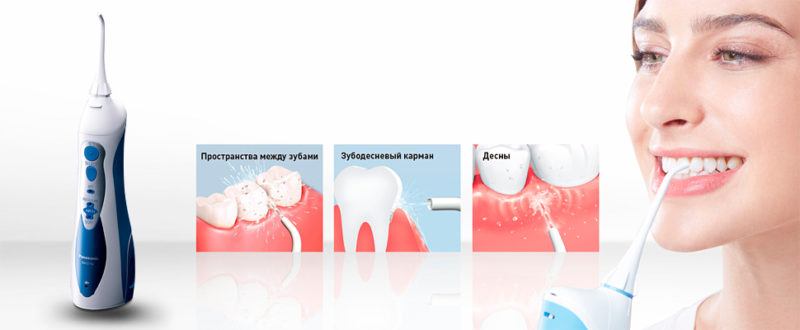
Photo: Variants of the positive effect of an irrigation device on certain areas of the oral cavity and teeth.
This list can be continued, but we noted the most common advantages of using an irrigator.
What is possible and what is not: Indications and contraindications for using an irrigator
Using stationary devices, powered by a 220 V network and portable irrigators charged with batteries for oral care, you can prevent and / or prevent a number of dental diseases.
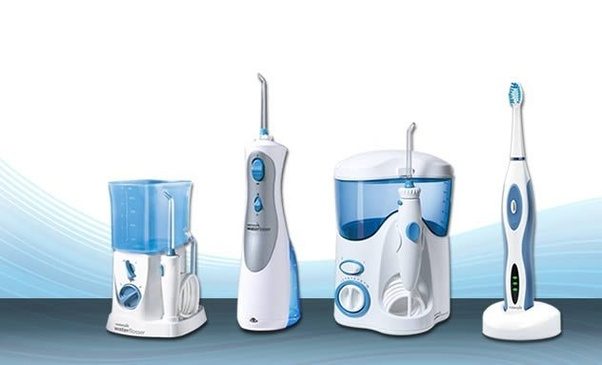
Photo: Irrigator is an assistant in the fight against various diseases.
The irrigation device may be used by:
- Reducing the risk of carious lesions.
- Massage soft gums and soft tissues.
- Thorough treatment of pathological pockets.
Work with the tool is contraindicated:
- In acute form of parodantitis.
- Immediately after surgery.
- After installing orthodontic appliances and multibond systems.
- Constant bleeding gums.
- New formations in the mouth.
- With heart disease: heart attacks and / or strokes.
- Installing a pacemaker.
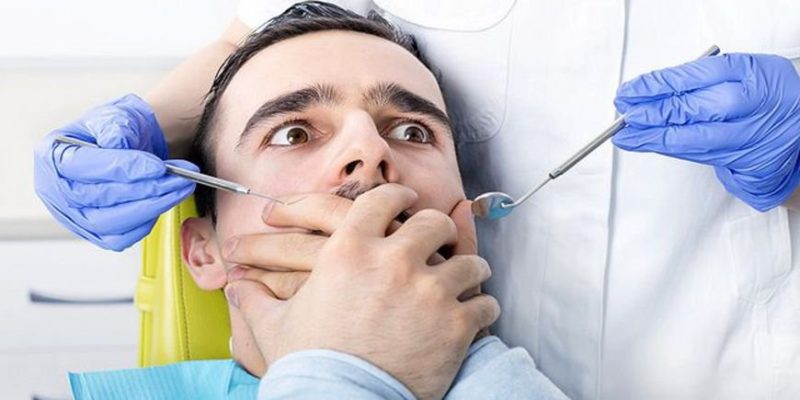
Photo: A visit to the dentist can become regular if you neglect your health. The use of an irrigator opens up wide possibilities for prevention and quality care for teeth, gums and the oral cavity.
Finally
You can summarize and draw certain conclusions. The device can be used in everyday life for all family members. It gives a positive effect on the care of the oral cavity, acts as a preventive tool.
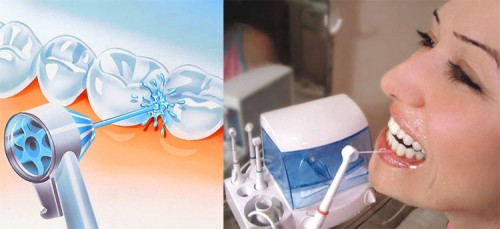
Photo: The work of a cleaning tool.
It is important to adhere to the manufacturer's recommendations, to know the design features. But before buying it, you should consult your doctor. After all, the device can not be used by everyone.
In the presence of a number of diseases, it is necessary to reduce the number of uses of the device or completely stop using it. Again, a competent expert may express an opinion on the working regime of application, authorization and / or prohibition.

